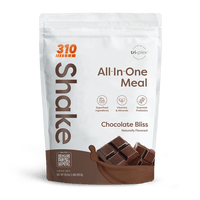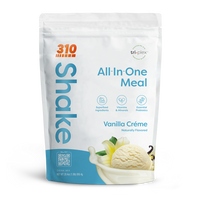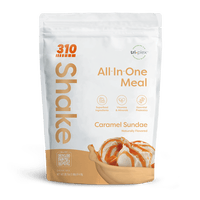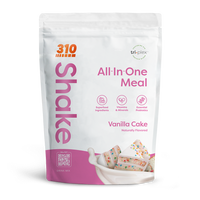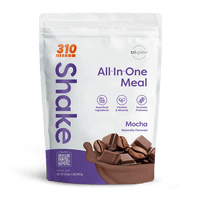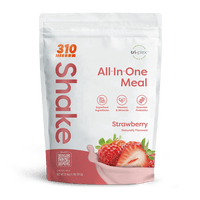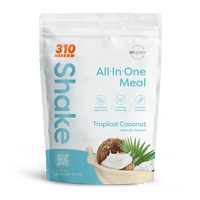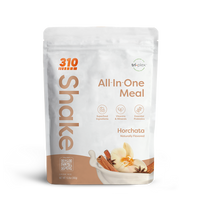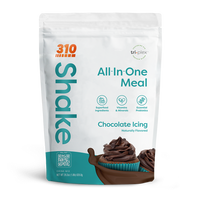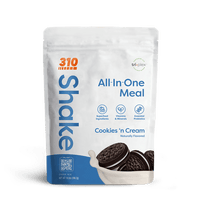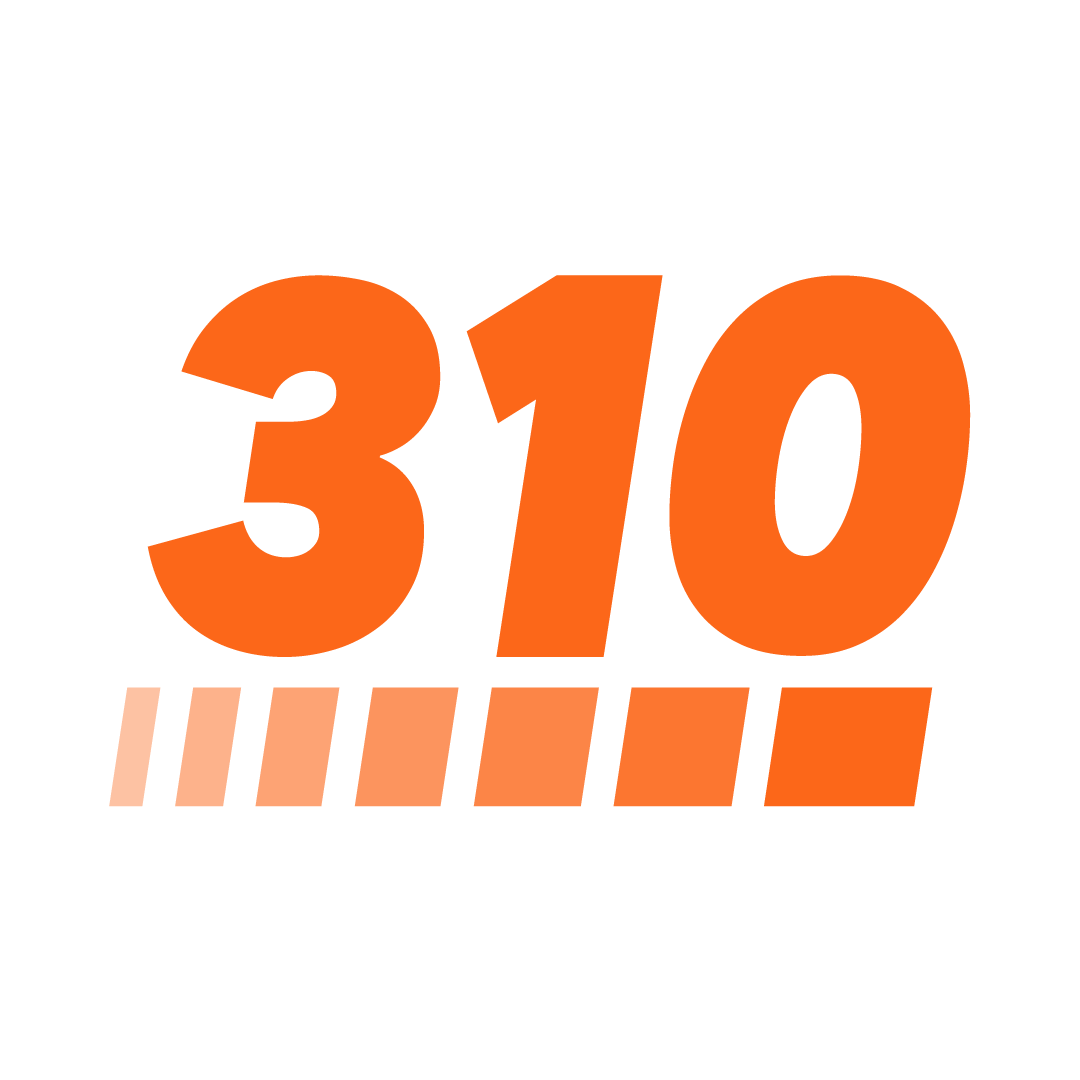Electrolytes are often discussed when topics including dehydration and sports drinks are mentioned, but did you know that electrolytes are essential minerals that everyone needs? These minerals support several key daily functions of your body, and it is necessary to replenish them to help you feel your best!
If you have low electrolyte levels, you may feel fatigue, drowsiness, confusion, muscle weakness, or just overall lack of energy. Still, there are several ways to combat the loss of electrolytes.
In this article, we’re going to discuss the importance of electrolytes and how you can easily incorporate these minerals into your daily diet through different foods and supplements!
What are Electrolytes?
First, let’s go over exactly what electrolytes are! As mentioned, they are minerals that play a crucial role in your overall health, but more specifically, they help you stay hydrated, rebuild damaged tissue, move nutrients in and out of cells, and balance pH levels.
Some common electrolytes include sodium, potassium, calcium, and magnesium. These minerals are in our blood, tissue, and just about every bodily fluid. Hence, when you lose fluids through sweat and urine too quickly, you should try to obtain adequate amounts of electrolytes to compensate for the variance.
Why We Need Electrolytes
You may think you only need to replenish electrolytes after an intense workout, but simply taking a walk or being outside in hot weather will cause sweating and loss of fluids, resulting in possible dehydration. Dehydration doesn’t just lead to thirst (although that’s a big factor), but it can cause an imbalance in the body. Drinking water helps combat dehydration, but you also need to restore the lost electrolytes, like sodium, to rehydrate properly.
If you drink too much water without having enough sodium in your system, it can lead to hyponatremia, which is a condition where the sodium content in the blood is too low, allowing too much water to enter the cell, causing swelling and other complications.
Hyponatremia can generally be avoided by obtaining enough sodium in your diet to support your body's important functions for optimal health! Not to mention, proper levels of electrolytes in your body can help reduce fluid loss, which is vital for everyone, especially if you’re active.
FAQs on Electrolytes
1) I’ve always been told to limit my sodium intake. I’m confused!
Sodium tends to have a bad reputation, but that’s mainly because you can easily go over the daily recommended sodium intake when consuming processed foods! If you stick mostly to whole foods and cooking your own meals, you’ll find that staying around the recommended 2,300mg of sodium per day is quite manageable and great for optimal health.
Your body needs sodium to control hydration in the body. This is because sodium helps create something called osmotic pressure - allowing water to enter and exit the cells, keeping the body hydrated and flushing out unwanted waste. Just remember, sodium itself isn’t bad, but having too much or too little can affect your health - which is why consuming within the 2,300mg recommendation and drinking fluids with added electrolytes are helpful for optimal health.
2) What’s the best way to get electrolytes daily?
There are several ways you can maintain proper levels of electrolytes in your body, whether it be through food or drinks! However, sports drinks tend to be heavily sweetened, which can quickly rack up the number of calories you consume. To incorporate a wide variety of electrolytes in a convenient, healthy, and tasty way, try 310 Hydrates.
310 Hydrates are formulated with a unique blend of essential vitamins and minerals, including vitamin B, C, sodium, potassium, and more, to help you rehydrate, recharge, and recover. These convenient single-serve sticks come in various yummy flavors like Lemon Lime, Strawberry, and Peach Mango to satisfy and excite your taste buds!
You can also obtain electrolytes from what you eat. Below are some foods that are good sources of these minerals.
Sodium
- Salt
- Soy sauce
- Pickled foods
- Smoked/cured meats
Potassium
- Bananas
- Potatoes
- Legumes
- Salmon
- Leafy greens
- Tomatoes
Magnesium
- Nuts
- Seeds
- Quinoa
- Leafy greens
- Legumes
- Dark chocolate
Calcium
- Cheese
- Milk
- Yogurt
- Beans
- Lentils
Phosphorus
- Milk
- Red meat
- Eggs
- Beans
3) How do I know if I don’t have enough electrolytes?
If your body is losing electrolytes too quickly, there will most likely be symptoms that you notice, including a headache, tiredness, nausea, and weakness. Alternatively, you may just generally feel unwell or lack energy. To prevent this, drink plenty of water and make sure you are replenishing the lost electrolytes to restore hydration effectively!
Sources:
https://recreation.gsu.edu/2020/06/25/the-importance-of-electrolytes/
https://www.cedars-sinai.org/blog/electrolytes.html
https://my.clevelandclinic.org/health/diseases/17762-hyponatremia
https://health.clevelandclinic.org/foods-that-are-high-in-magnesium/



